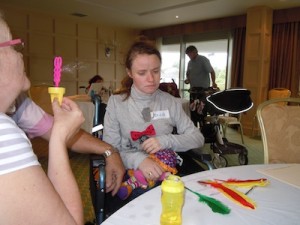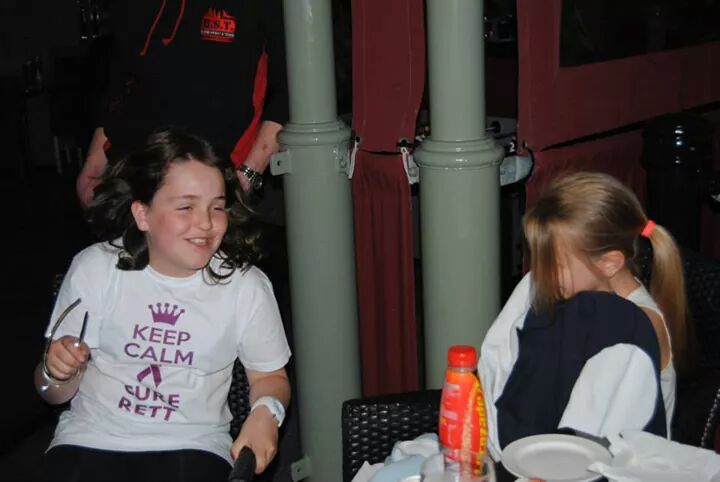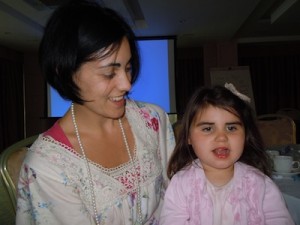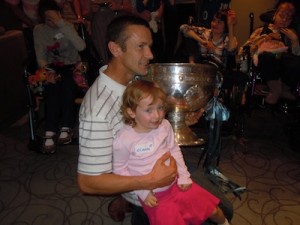Occupational Therapy
The aim of Occupational Therapy is to help improve a person’s ability to carry out the various activities and tasks of their daily lives, as fas as possible.
An OT will assess the client in a range of daily activities and then devise a programme to help then achieve as much independence as possible in their various tasks. These include basic life skills like feeding, washing and toileting, skills needed for their work (in the very broadest sense, where ‘work’ for a child can include playing) and leisure.
Put another way, OT is about helping a person learn the skills they need for the job of living.
An OT assessment might include the following:
- Sensory skills how the person manages and reacts to touch, sound, movement etc
- Motor Skills muscle tone, strength, grasp, balance, hand skills, balance
- Cognitive Concentration, problem solving, learning
- Environmental how the environment around the person may need to be adapted for their needs.
Based on the assessment the OT will make suggestions and recommendations about Assistive Technologies that might help with day-to-day living. These can includes wheelchairs, walkers, beds, seating, communication devices etc. They may also make suggestions for adapting the physical environment the person lives in: modifications to bathrooms, ramping, access to cars and so on.
You can read more about Occupational Therapy here and here
This article is published here for information purposes only. Medical advice should be sought from a Medical Professional.






